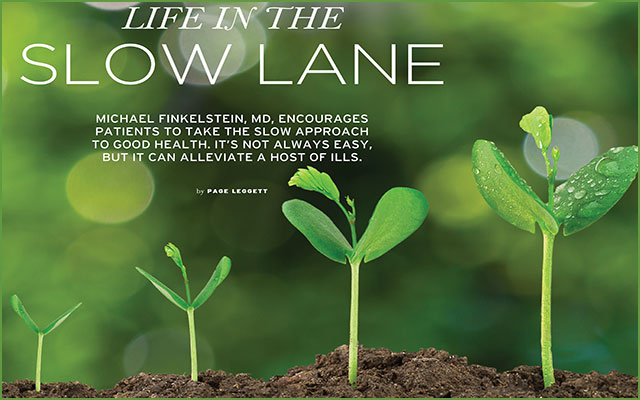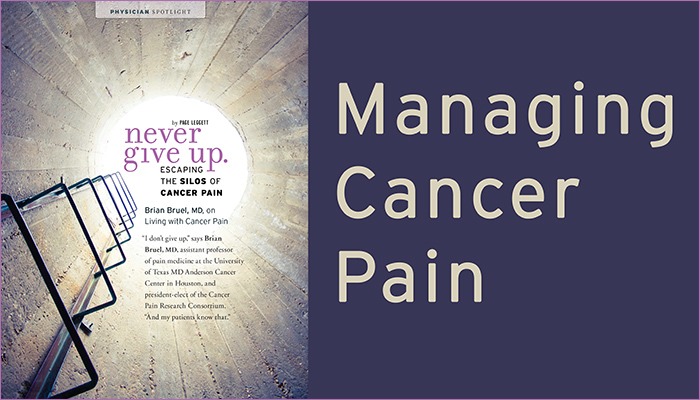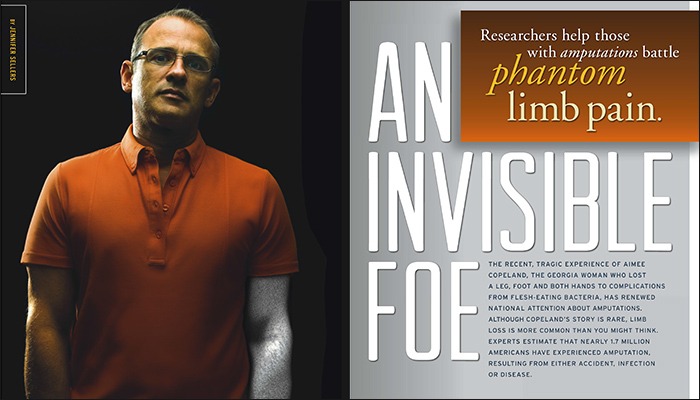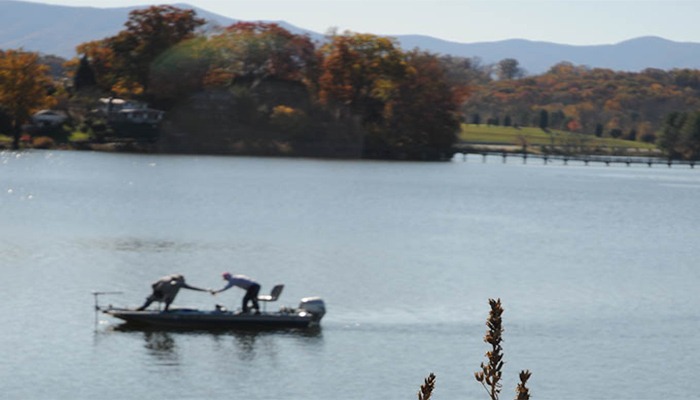Nick Cannon and Lupus
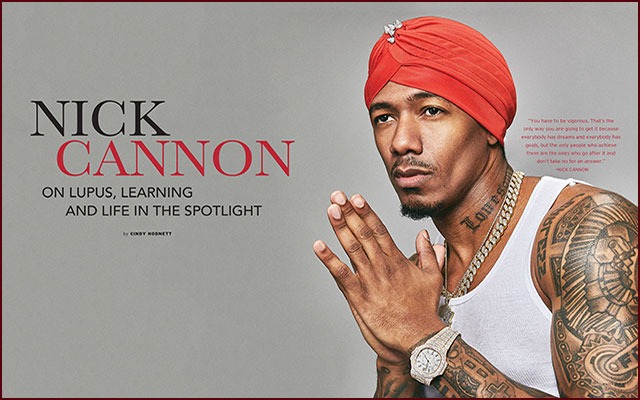
Nick Cannon on Lupus, Learning and Life in the Spotlight
Nick Cannon is calling after finishing up his classes for the day, squeezing in an interview as he makes his way to the airport and his next appointment. Well known in numerous entertainment circles as a musician, comedian, television/radio personality, actor, screenwriter and record producer, Cannon recently embarked on a new role as a student at Howard University in Washington DC, an endeavor that he says is the latest stage of a naturally evolving journey.
Nick Cannon and lupus“I always loved to get in front of people and entertain the crowd,” Cannon says. “It came pretty natural to me because I grew up in a church background and had up-close-and-personal experiences of watching people in my family—ministers and public speakers—command attention. It’s something that is innately within me, probably ever since I was about four years old.”
In his new YouTube series, Cannon’s Class, the 38-year-old entertainment entrepreneur kicked off his latest project with an informal discussion between himself and Dr. Gregory Carr, a professor at Howard. Much of the conversation highlighted the importance of education and historically black colleges and universities, a topic near and dear to Cannon’s heart.
“Education is true wealth,” Cannon says. “When people ask me about watershed moments in my life and career, I always say that my next moment is my watershed moment. It’s all about growth and continuing to learn and expand. I feel like my career has been very gradual and consistent in its growth, much like when someone starts out in a career and then works hard to become a CEO. It’s been great, and now I am really enjoying the world of academia.”
Nick Cannon and lupusEducation and Health
Although Cannon is currently a junior and planning to continue his educational pursuits toward earning a master’s degree and perhaps a doctorate, he points out that education was also a key factor in how he navigated a diagnosis and consequent treatment plan for lupus, a systemic autoimmune disease that causes an individual’s immune system to attack their own tissues and organs. Inflammation caused by lupus can affect many different body systems, including joints, skin, blood cells, the brain, the heart, the lungs and, as in Cannon’s case, the kidneys.
“Being diagnosed with lupus in 2012 was quite the experience,” he recalls. “It felt like it came out of nowhere.”
Cannon was in the middle of a workout when he felt a pain that he initially attributed to muscle fatigue. An avid gym-goer and fitness devotee, Cannon says that he tried to “work through the pain,” but to no avail.
“I had been to Aspen over the holidays and I was having pain in my kidneys, along with shortness of breath, but I thought it was something like altitude sickness,” he says. “My family told me that I needed to go to the doctor, but I just kept on going, until one day I passed out at the foot of the bed. At first, the doctors thought it might be altitude sickness or dehydration, then a kidney stone or inflammation of the kidney. After a kidney biopsy, they determined that I had lupus and that my immune system was attacking my kidneys. I didn’t know what lupus was, and I didn’t know if I would be on dialysis the rest of my life or how serious the complications were, so it was a pretty scary diagnosis.”
As he would later do at Howard University, Cannon turned to education for answers. During the first stages of treatment, he learned more about the “renal diet” that would help his kidneys regain full function, and he began practicing meditation and yoga in an effort to build his “inner strength.” According to Cannon, those early learning experiences still shape his daily routine.
“When I have serious flare-ups, it can take 45 minutes to stand up and get going,” he says. “And I am a very active guy, always have been. I go to the gym an average of five times a week, and I do martial arts, boxing and core training. I’m always on the go, and so I had to learn to incorporate things that make my spiritual self stronger. The spirit is way more powerful than the body, so I take care of that part of myself as well.
Life after Diagnosis
On his slowest days, Cannon maintains a schedule that most people would find grueling. Whether he’s working on a project or spending time with his three kids, he sticks to several tried-and-true guidelines that help him maintain his health.
“When I was first diagnosed, I couldn’t have sodium or anything processed and I remember thinking, ‘What is there to eat?’” Cannon says, laughing. “When I got better, I could finally eat a hamburger again, and now, while I eat pretty well, if I want something, I have it. I still enjoy myself; I mean we’ve only got one life to live, right?”
Another daily item on Cannon’s to-do list is staying hydrated. In fact, he refers to water as his “secret medicine,” adding that he tries to make sure he has the right levels of alkaline circulating throughout his body.
“I average drinking a gallon of water every day,” he explains. “Some days, I’ll drink two. Water is a secret weapon when it comes to health, and I make sure that I drink a lot every day.”
On a somewhat typical day, Cannon starts his morning at 5 a.m. at the gym, working out for a couple of hours before meditating and then spending time with his three children—7-year-old twins and a 20-month-old toddler. After that, he’ll head over to his office, the studio or a set, where he’ll work until early evening. Then at the end of the day, wind-down time for Cannon includes writing and working in his studio, interspersing each activity with the demands of college life.
“I’m double majoring in criminology and the administration of justice, along with strategic and legal management,” Cannon says. “This field of academia is very intriguing to me.”
When asked about any advice that he might offer others facing medical and/or pain challenges, Cannon again turns to education.
“I’d say start with learning more about your condition—for me, this included sites like the Lupus Foundation of America,” he says. “Then read personal testimonies and how other people have made it through. Find whatever you can tap into that helps you feel empowered. Inner strength goes a long way toward healing.”
PainPathways Magazine
PainPathways is the first, only and ultimate pain magazine. First published in spring 2008, PainPathways is the culmination of the vision of Richard L. Rauck, MD, to provide a shared resource for people living with and caring for others in pain. This quarterly resource not only provides in-depth information on current treatments, therapies and research studies but also connects people who live with pain, both personally and professionally.
View All By PainPathways

